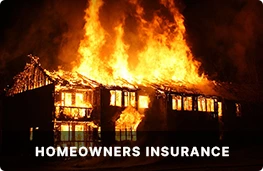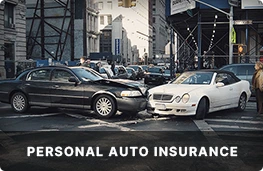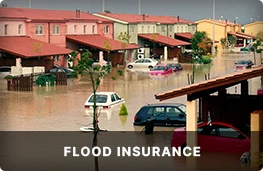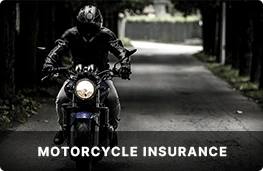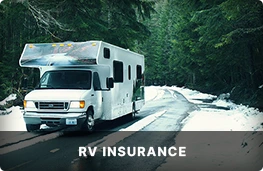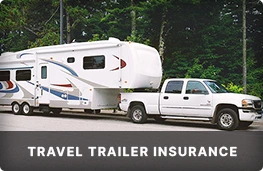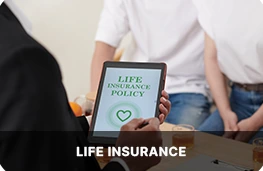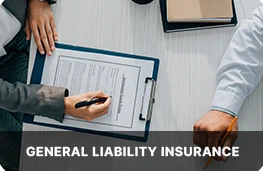Lightning Truths and Consequences
We're now in peak lightning season. Do you know what to do?
Though we've lived with lightning all our lives, many people have misconceptions about it. Yet, understanding lightning and how to protect against it can make all the difference in keeping us and our property safe. Here, then, are some common myths about lightning—and the truth:
Myth: If you have anything metal with you, you'll attract lightning. Truth: Wearing or carrying metal will not make you a target. Lightning aims for objects that are high, pointy and isolated. But while metal doesn't attract lightning, it does conduct it, so you should avoid, for example, being near metal fences, railings, bleachers, golf clubs and carts, and bicycles.
Myth: In a thunderstorm, you should hide under a tree. Truth: Bad idea. In fact, being under a tree is the second leading cause of lightning casualties1 . Because it's high and pointy, a tree can actually attract lightning.
Myth: If I'm stuck outside when there's lighting, I should l lie flat on the ground. Truth: Lying flat on the ground makes you susceptible to ground current. It's better to find a safe shelter, such as a home, sturdy building or car with a hard top (i.e., not a convertible). Avoid sheds or other small structures in open areas.
Myth: If it's not raining, you're safe from lightning. Truth: Lightning can strike more than three miles from a thunderstorm's center, where there may not be rain.
Myth: Lightning never strikes twice in the same place. Truth: Lightning often strikes the same place more than once. The Empire State Building is hit an average of 23 times a year .
What's also not a myth is that lightning can spark home fires, and power surges that can damage your circuitry and electronic devices. You can reduce the risk of home fire by having a professional install a lightning protection system. For electronic devices, have an electrician install a UL-listed transient voltage surge suppressor and unplug your devices when a storm is on the way. You might also check to see how much coverage you have should lightning spark a fire in your home. Your agent can review your policy and help you decide if you have what you need.
Comments
By accepting you will be accessing a service provided by a third-party external to https://www.affordablequalityinsurance.net/

